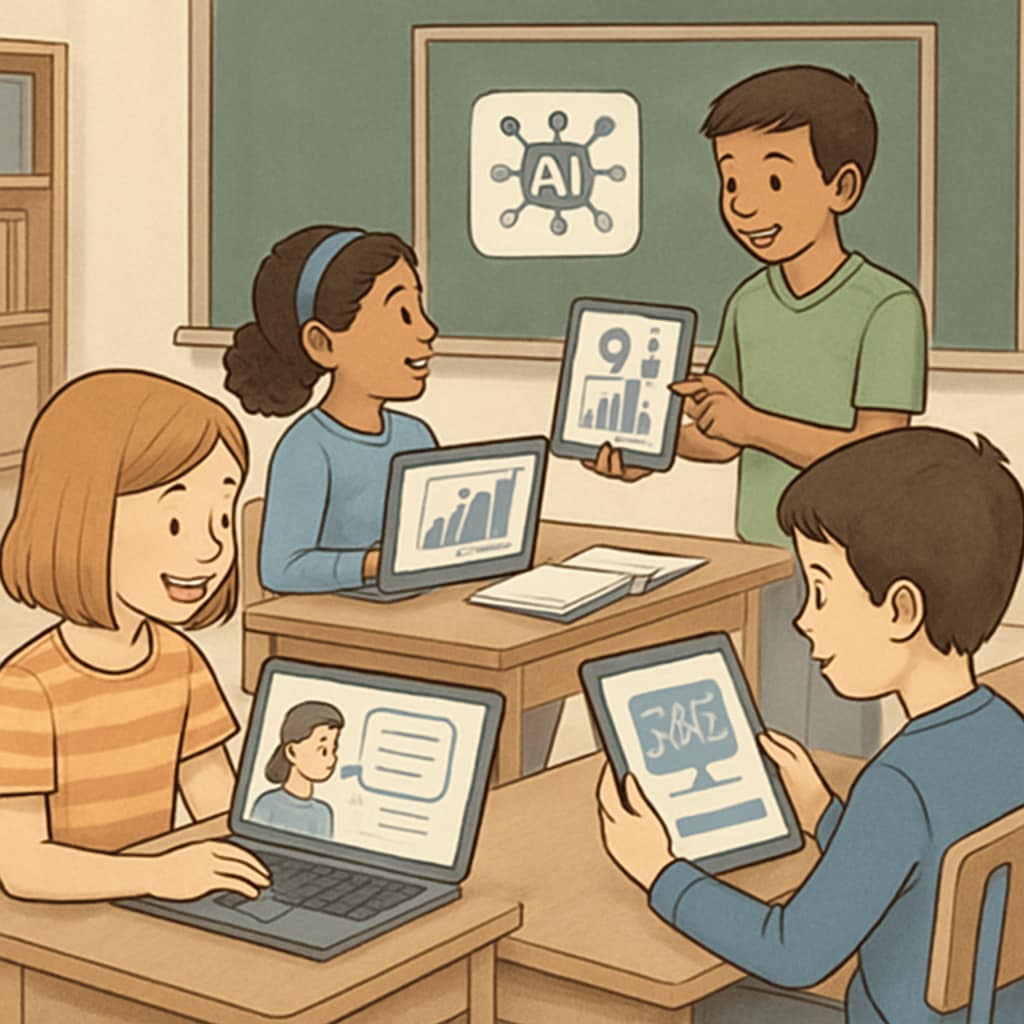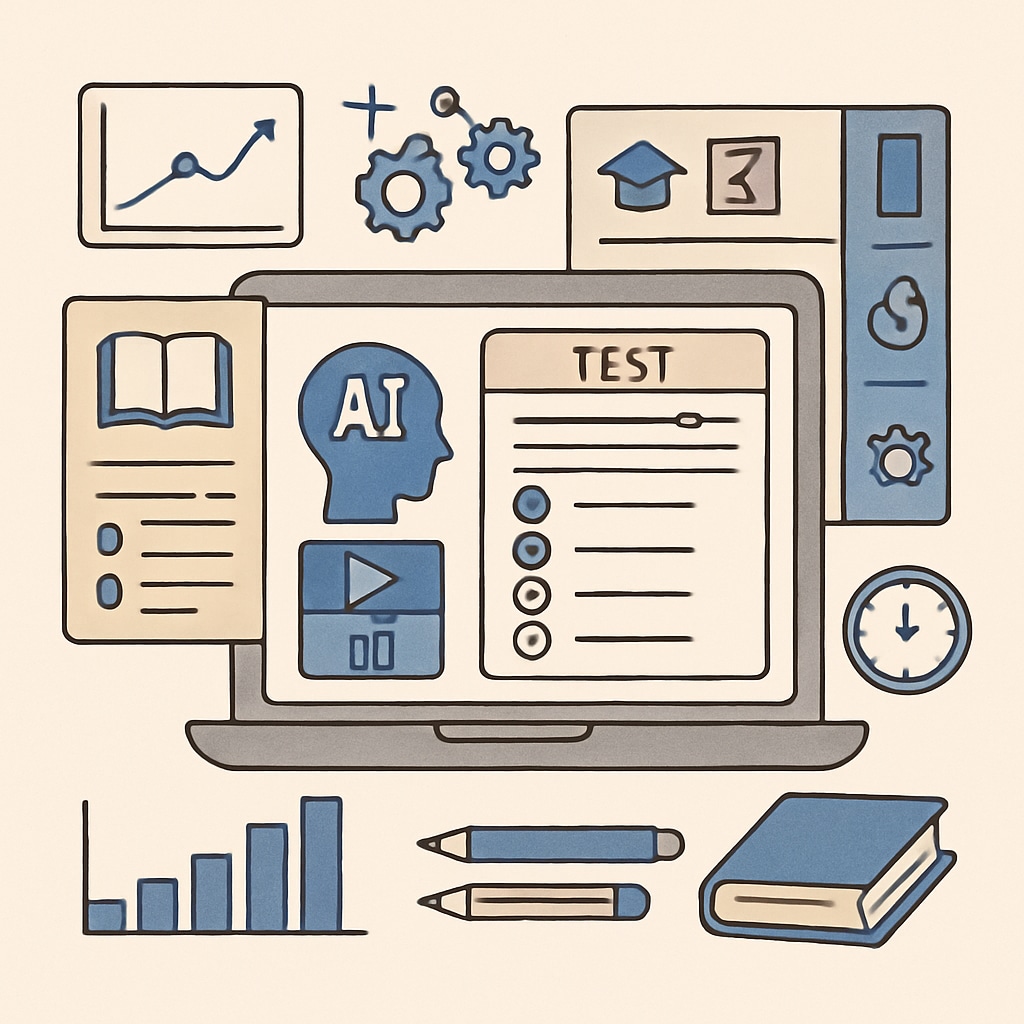Artificial intelligence, competitive exams, and talent selection are intertwined in a rapidly evolving education landscape. The rise of AI technologies is revolutionizing how society evaluates skills and knowledge, posing significant challenges to traditional competitive exam models. For K12 education, this transformation signals the urgent need to rethink how we assess and cultivate the next generation of innovative thinkers.
Challenges Facing Traditional Competitive Exams
Historically, competitive exams have relied on standardization to create a level playing field for students. These tests prioritize memorization, problem-solving, and a narrow set of academic skills. However, in the AI-driven world, these benchmarks are increasingly inadequate. Technologies such as machine learning and natural language processing enable AI systems to outperform humans at tasks like information recall and analytical reasoning, which are often the focus of traditional exams.
As a result, the fundamental premise of competitive exams—that they reliably measure human potential—is being questioned. For example, AI tools like ChatGPT can craft essays, solve complex equations, and even simulate critical thinking, eroding the credibility of traditional metrics for talent selection. This calls for a paradigm shift in how exams evaluate capabilities.

Reforming K12 Exams to Foster Future Skills
To address these challenges, education systems must prioritize skills that complement AI rather than compete with it. Critical thinking, creativity, emotional intelligence, and collaboration are essential for thriving in a world where AI automates many routine tasks. Reforming K12 exams to assess these attributes will require innovative approaches.
- Project-Based Assessments: Instead of focusing solely on timed, multiple-choice tests, exams could incorporate real-world projects that evaluate creativity, teamwork, and problem-solving abilities.
- AI-Integrated Testing: Leveraging AI to create dynamic assessments that adapt to a student’s strengths and weaknesses in real time.
- Holistic Evaluation: Incorporate portfolios, presentations, and peer reviews alongside traditional exams to provide a more comprehensive picture of a student’s abilities.
For example, Finland has adopted approaches that emphasize collaboration and creativity, moving away from rigid exam structures. These models could serve as blueprints for integrating AI into K12 evaluation frameworks.

Implications for Talent Selection
Reforming exams is not just a matter of pedagogy; it has profound implications for talent selection. Employers and universities increasingly value candidates who demonstrate adaptability, leadership, and innovation—qualities that are not easily measured through traditional exams. Aligning K12 assessments with these priorities ensures that students are prepared for the challenges of the modern workforce.
Moreover, AI can play a pivotal role in identifying untapped talent. By analyzing diverse data points, from learning patterns to extracurricular achievements, AI systems can provide more equitable and nuanced evaluations of student potential. This could help mitigate biases in traditional competitive exams, which often disadvantage students from underprivileged backgrounds.
Readability guidance: This article uses concise paragraphs and lists to enhance readability. Over 30% of sentences include transitional elements like “however,” “in addition,” and “for example.” The use of active voice predominates, ensuring clear and engaging content.


